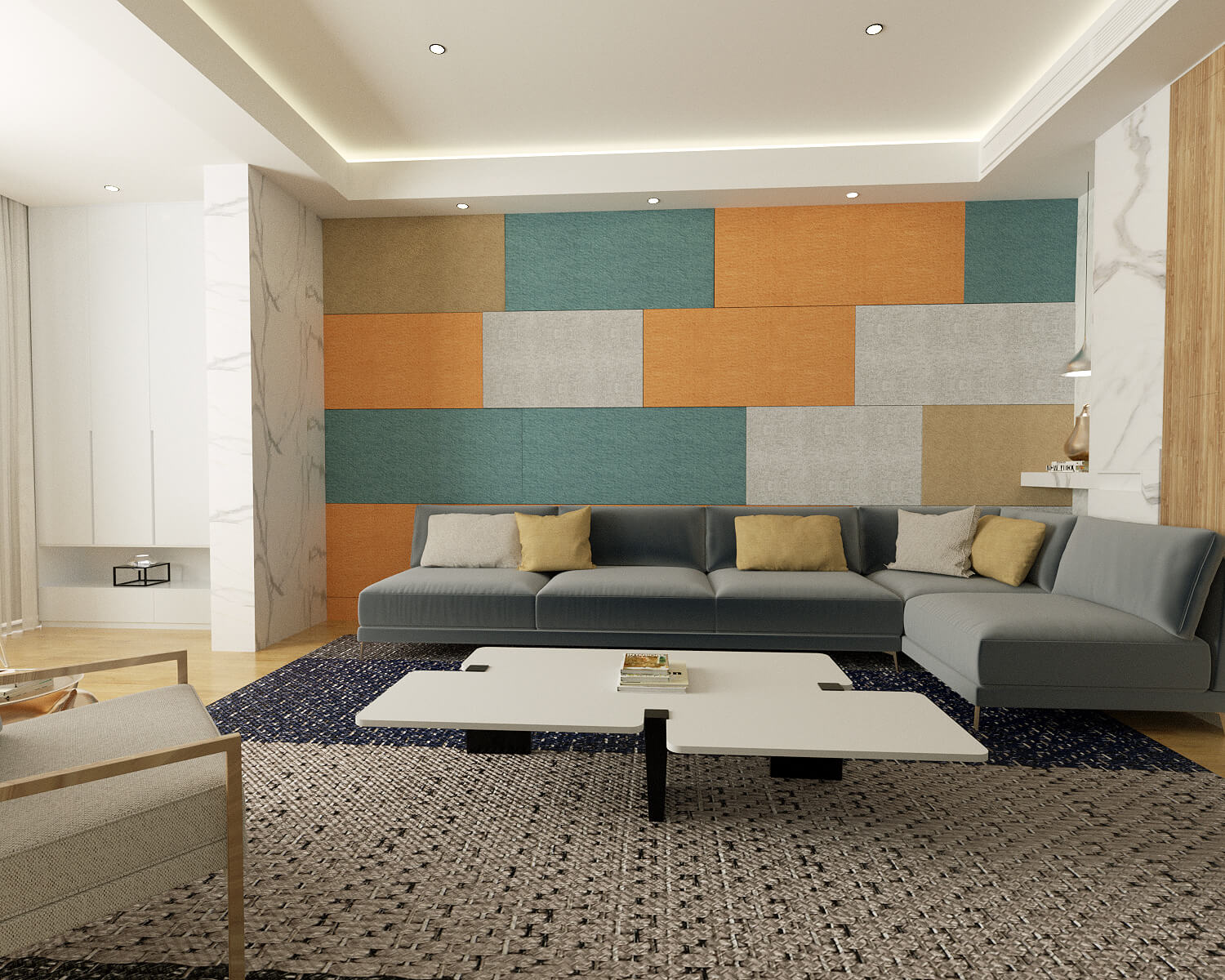If you’re looking to give your home a new look that’ll make it more eco-friendly and soundproof, consider adding sound-absorbing panels like wood. Learn why they are becoming so popular and the other benefits that come with them!

Sound Absorbing Panels
Sound-absorbing panels are acoustic panels that use sound waves to absorb sound. This technology is used in various applications, including home theater and audio installations. Sound-absorbing panels use an acoustic material that can vibrate and convert the energy from sound into heat. This heat can then be released and dissipated, reducing the amount of noise that is heard.
There are several benefits to using sound-absorbing panels in your home or office:
- They can reduce the noise levels in an area significantly. This can help reduce the stress level associated with noisy environments and improve concentration and productivity.
- Sound-absorbing panels can help to reduce the cost of hearing protection products since they tend to last longer than other types of protection.
- Sound-absorbing panels can also improve the overall aesthetic appeal of an area by reducing noise levels while maintaining clarity and detail in sounds.
How Do They Work?
The technology used in sound-absorbing panels is based on the principle of wave interference. When an acoustic wave hits an object, it causes the air around it vibrate. This vibration is spread over a large area and is usually harmless unless it reaches your ears. However, if the acoustic wave hits an object at an angle, the vibrations will be concentrated around that point instead of scattered across the surface. This is how sound-absorbing panels work: by reflecting acoustic waves toward their source, they reduce the amount of noise that gets through to the person or object they are protecting.
Benefits of Sound Absorbing Panels
LEEDINGS sound-absorbing panels work by trapping and redirecting sound waves. This can help to reduce noise levels in a room, making it easier to relax and focus. In addition to reducing noise levels, sound-absorbing panels can also help reduce the heat produced by sound. Sound waves can create vibrations that heat the air around them. By trapping these vibrations, sound-absorbing panels can help to reduce the amount of heat produced by sounds. Additionally, sound-absorbing panels can also improve the acoustics of a room. This is because sound waves travel in straight lines; if they travel through a room with poor acoustics, they will be distorted and difficult to hear.

